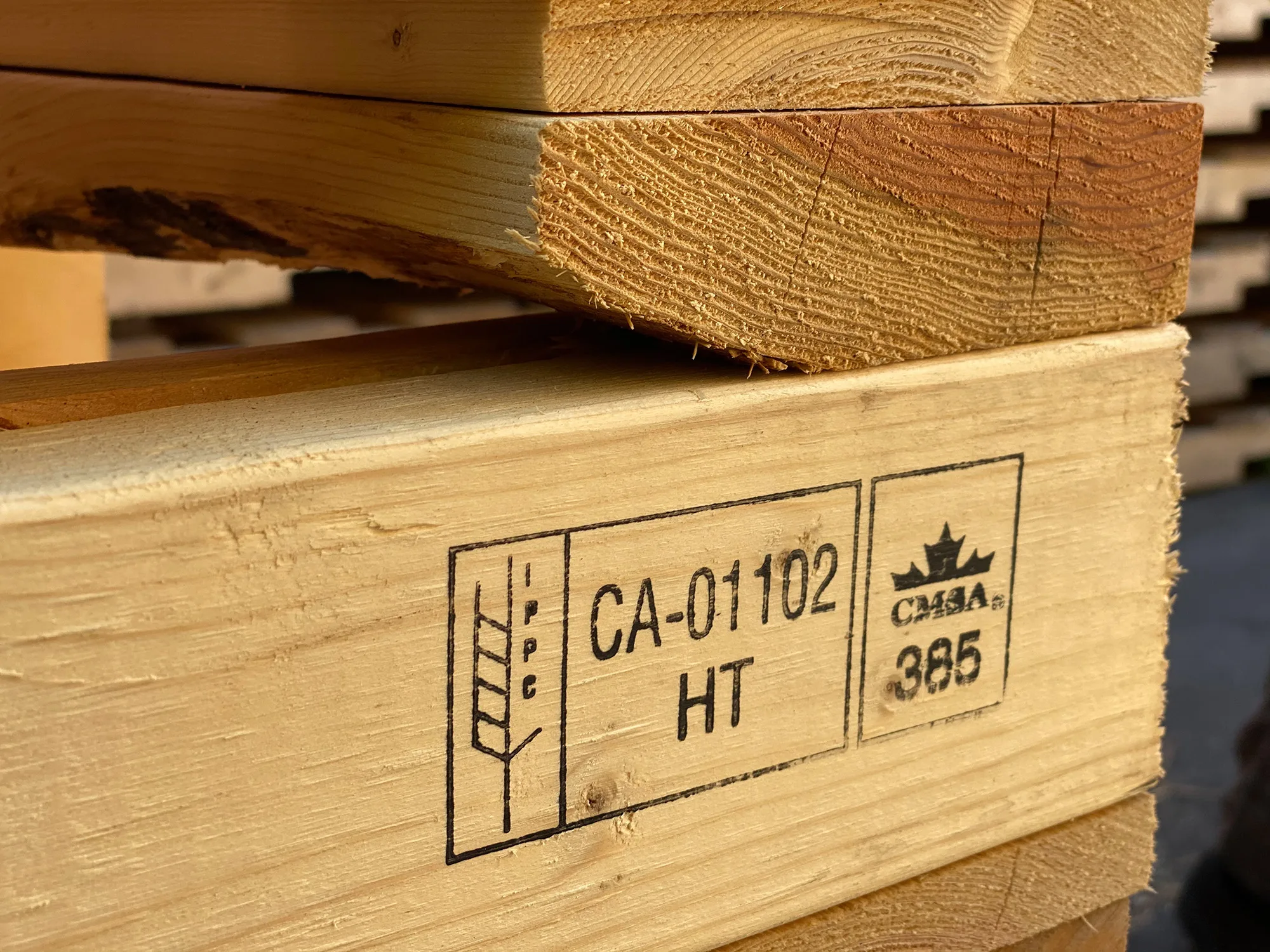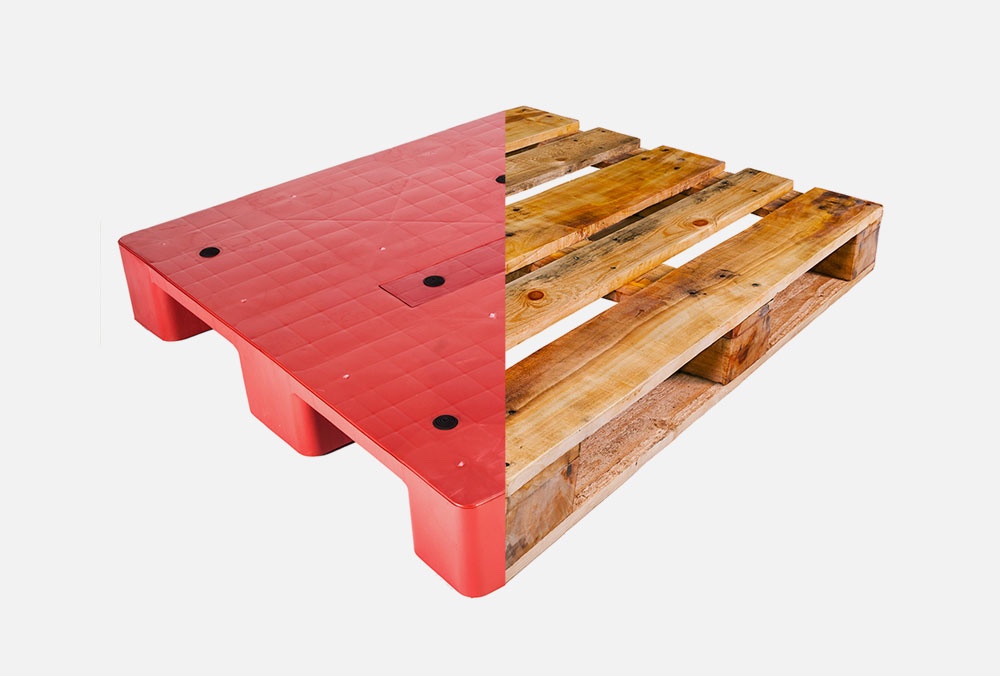Why Heat Treatment is the Best Choice for Pallet Sterilization
When shipping goods internationally, businesses must ensure their wooden pallets meet specific regulations, including sterilization to eliminate pests and pathogens. Two methods are commonly used for this: chemical fumigation and heat treatment. While both options are acceptable under international laws, heat treatment stands out as the superior choice for businesses, the environment, and overall safety.
In this blog, we’ll dive into why heat treatment is the preferred method and why chemical fumigation is becoming less common.
Why Pallets Need to Be Treated
To prevent the spread of invasive pests and diseases across borders, international shipping regulations require wooden pallets and other packaging materials to be treated. Without this treatment, insects, fungi, and other organisms could hitch a ride in untreated wood, threatening ecosystems in other countries.
Pallet sterilization is crucial for maintaining the health of these ecosystems, and businesses have two main options:
- Chemical Fumigation: This involves the use of methyl bromide, a powerful pesticide.
- Heat Treatment: This involves heating the wood to a specific temperature for a certain period of time to kill any pests.
Although both methods are effective, heat treatment has become the more popular and preferred choice due to its numerous advantages over chemical fumigation.
The Downside of Chemical Fumigation
Chemical fumigation was once the go-to method for treating wooden pallets, but it’s now used less frequently due to the dangers of methyl bromide, the chemical involved in the process. While methyl bromide is effective at killing pests, it poses serious risks to human health and the environment, including:
- Health Risks: Methyl bromide exposure can lead to a range of severe health issues, such as:
- Lung damage
- Skin burns
- Kidney problems
- Eye irritation
- Neurological damage
The risks aren’t limited to workers handling the fumigation process. Anyone in contact with treated pallets could be at risk, making this a hazardous option for businesses.
- Environmental Harm: Methyl bromide is notorious for damaging the ozone layer, which helps protect Earth from harmful UV rays. Increased UV radiation can lead to a higher risk of skin cancer, as well as damage to plant and marine ecosystems. Due to its environmental impact, many countries have significantly reduced the use of methyl bromide, further limiting the appeal of chemical fumigation.
The Benefits of Heat Treatment
In contrast to chemical fumigation, heat treatment is a safe, effective, and environmentally friendly way to sterilize wooden pallets. Here’s why businesses are making the switch:
- No Health Hazards: Heat treatment eliminates pests without using harmful chemicals, meaning no risk to human health. Workers and customers can handle treated pallets safely, without worrying about exposure to dangerous substances.
- Environmentally Friendly: Heat treatment doesn’t release any harmful chemicals into the air, making it an eco-friendly alternative to chemical fumigation. By choosing heat-treated pallets, businesses contribute to protecting the ozone layer and promoting a cleaner planet.
- Cost Savings: Heat treatment is typically less expensive than chemical fumigation. It doesn’t require transportation to specialized fumigation facilities, allowing for quicker processing times and lower costs. For businesses that ship in large volumes, the cost savings can be substantial.
- Equal Effectiveness: Heat treatment is just as effective at killing pests as chemical fumigation. The process involves heating the inside of the wood to a specific temperature for a set period, ensuring all pests and pathogens are destroyed. This allows businesses to meet international shipping standards without the risks associated with chemicals.
Why Heat Treatment is the Future
In today’s world, making environmentally responsible and health-conscious decisions is more important than ever. By choosing heat-treated pallets, businesses can ensure compliance with international regulations while protecting their workers, customers, and the planet. Heat treatment is equally effective, more cost-efficient, and significantly safer than chemical fumigation, making it the clear choice for pallet sterilization.
Need Quality Heat-Treated Pallets?
If you’re in need of reliable, heat-treated pallets for your shipping needs, look no further than Geo Pallet Ltd. Our pallets meet all international shipping regulations, and our team is always available to answer any questions you might have about pallet treatment and compliance.
Contact us today for more information or to get a quote on our high-quality wooden pallets!




